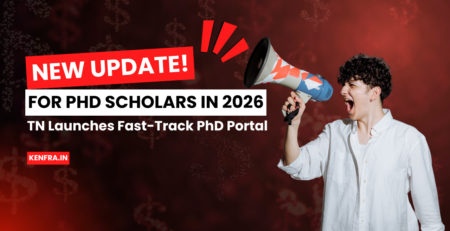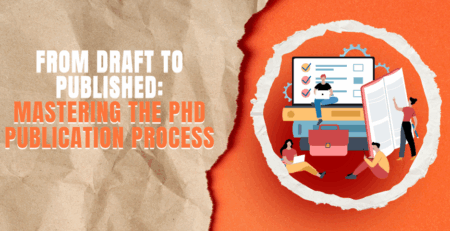20Aug

Publishing your research in a peer-reviewed journal is one of the most effective ways to share your academic contribution with the global research community. After spending months or even years writing a thesis, many scholars wonder how to repurpose it into a concise, high-quality article. While a thesis may run hundreds of pages, a journal expects a focused paper that highlights only the most original findings.
This transformation may seem difficult, but it is achievable with the right approach. In this comprehensive guide, we will explain you the process of converting your thesis into a journal paper, step by step, while also sharing best practices, common mistakes to avoid, and tips for successful publication.
Your thesis is a significant academic achievement, but it often sits unread on a university repository. But a journal article lets you:
For any scholar aiming to grow in academia or research-driven industries, converting your thesis to a journal paper is not optional—it is essential.
One of the first lessons in this journey is recognizing the differences between thesis and paper.
Think of it this way: the thesis is the full-length book, while the journal article is the highlight chapter designed for global readers.
When choosing a journal, consider:
For example, if your thesis is in engineering, look for journals in IEEE or Elsevier. If it is in social sciences, you may target journals indexed in SSCI. Remember, the wrong choice of journal often leads to rejection.
Your thesis may contain multiple research objectives. For a paper, you must narrow it down to one clear contribution.
This focused approach helps your paper stand out and avoids overwhelming reviewers.
Every journal provides academic publishing guidelines, and these must be followed strictly. They usually include:
Ignoring these rules is one of the main reasons manuscripts are rejected without review.
Here are some proven manuscript preparation tips to make your paper journal-ready:
Well-prepared manuscripts not only improve acceptance rates but also make the peer review process smoother.
Before sending your paper, it is wise to get feedback from mentors, peers, or professional editors. This process mirrors the peer review process and helps refine clarity, structure, and originality.
Many researchers also use academic writing services like Kenfra Research, which provide professional PhD research guidance, editing, and journal selection support. External feedback often reveals gaps that you may have overlooked.
Once your paper is ready, begin the journal submission process. This usually includes:
Don’t be discouraged by rejection—it is a normal part of academic publishing. Even experienced researchers face multiple rejections before acceptance.
If reviewers provide comments, take them seriously. Address every point with clear explanations. Submitting a revised manuscript that directly responds to reviewer concerns increases the chances of final acceptance.

Avoiding these mistakes protects your credibility and improves your career prospects.
Converting your thesis into a journal paper is not just about shortening content—it is about strategically focusing on what matters most. By identifying the core findings, following academic publishing guidelines, preparing a strong manuscript, and engaging with the scholarly publishing process, you can ensure that your research gains global recognition.
Remember, your thesis is the foundation, but your journal paper writing is the bridge that connects your research to the wider academic world.
Publishing is not the end of your journey—it is the beginning of your contribution to research dissemination, scientific publishing, and long-term academic career development.

PhD scholars in Tamil Nadu have long struggled with delays throughout their academic journey, including challenges with course work approvals,... read more

When working on a research paper, thesis, or dissertation, presenting your findings effectively is crucial. It’s just as important as... read more
Vehicular network joins software defined network to ensure management of vehicular communication. This network improves the performances in terms of... read more
IntroductionThe JEE Main 2024 city intimation slip out, aspirants are gearing up for the exam. One crucial aspect of preparation... read more
Techie awarded PhD by Sanskrit university Introduction:A techie is awarded a PhD by a Sanskrit university, could have several interesting aspects.Techie... read more

Embarking on a PhD journey is an exciting yet challenging endeavor. A well-structured Research Plan for Your PhD Thesis... read more

Writing a PhD thesis can feel like navigating a labyrinth. From formulating a research question to handing in a... read more

The PhD journey is one of the most challenging and rewarding academic pursuits. It's a path filled with intellectual... read more

Publishing a research paper is one of the most rewarding milestones in a PhD journey. However, navigating the PhD... read more
WhatsApp us
Leave a Reply